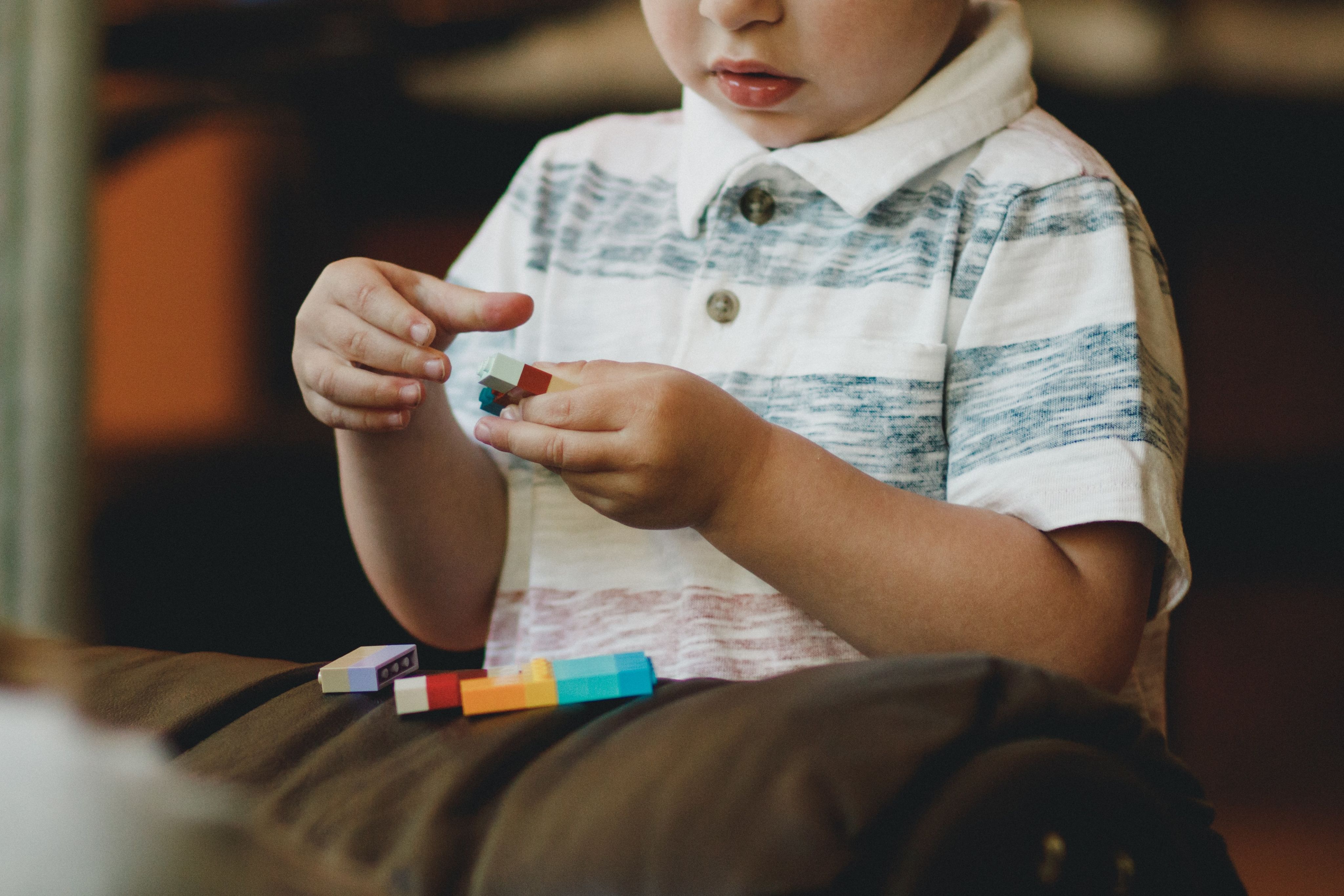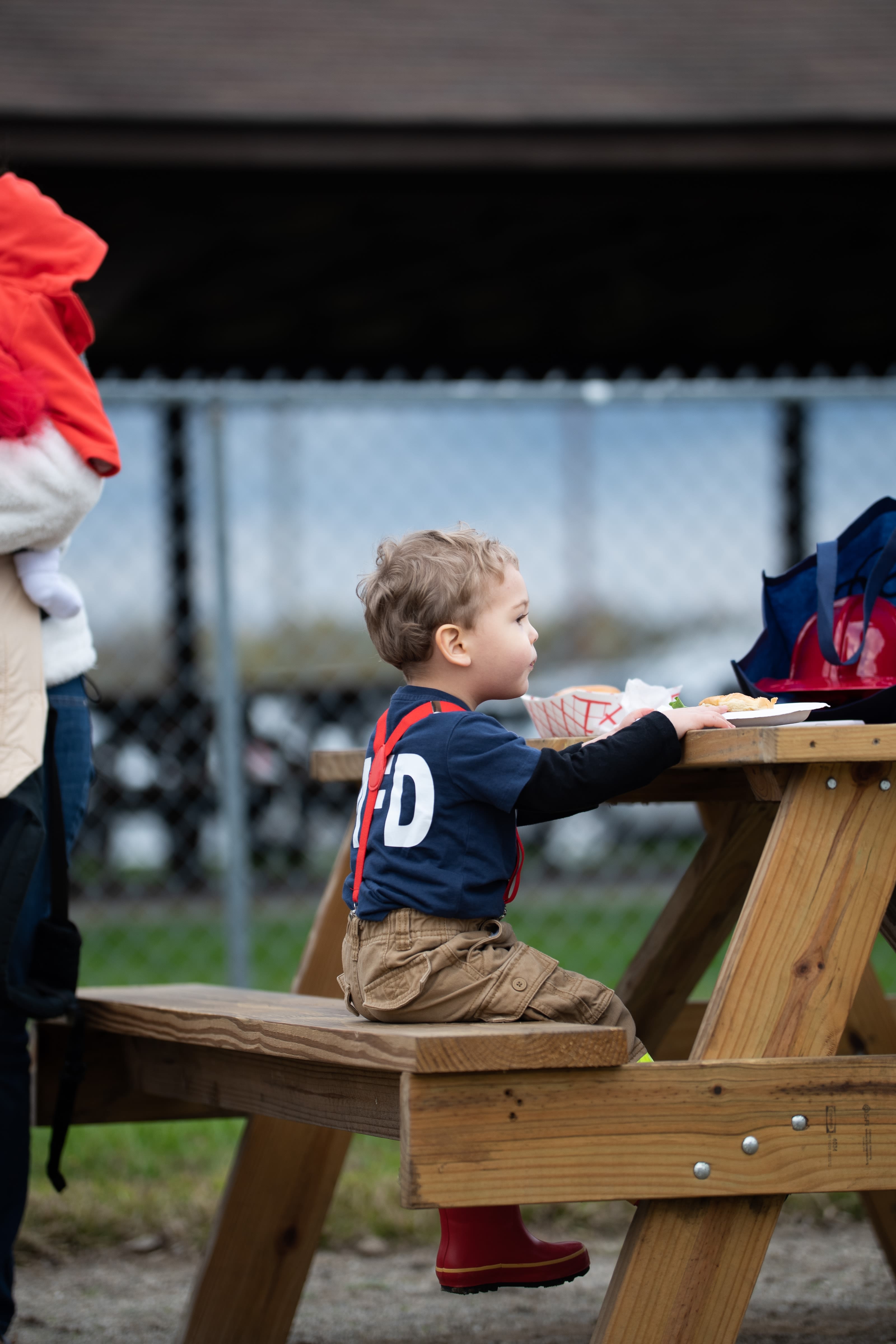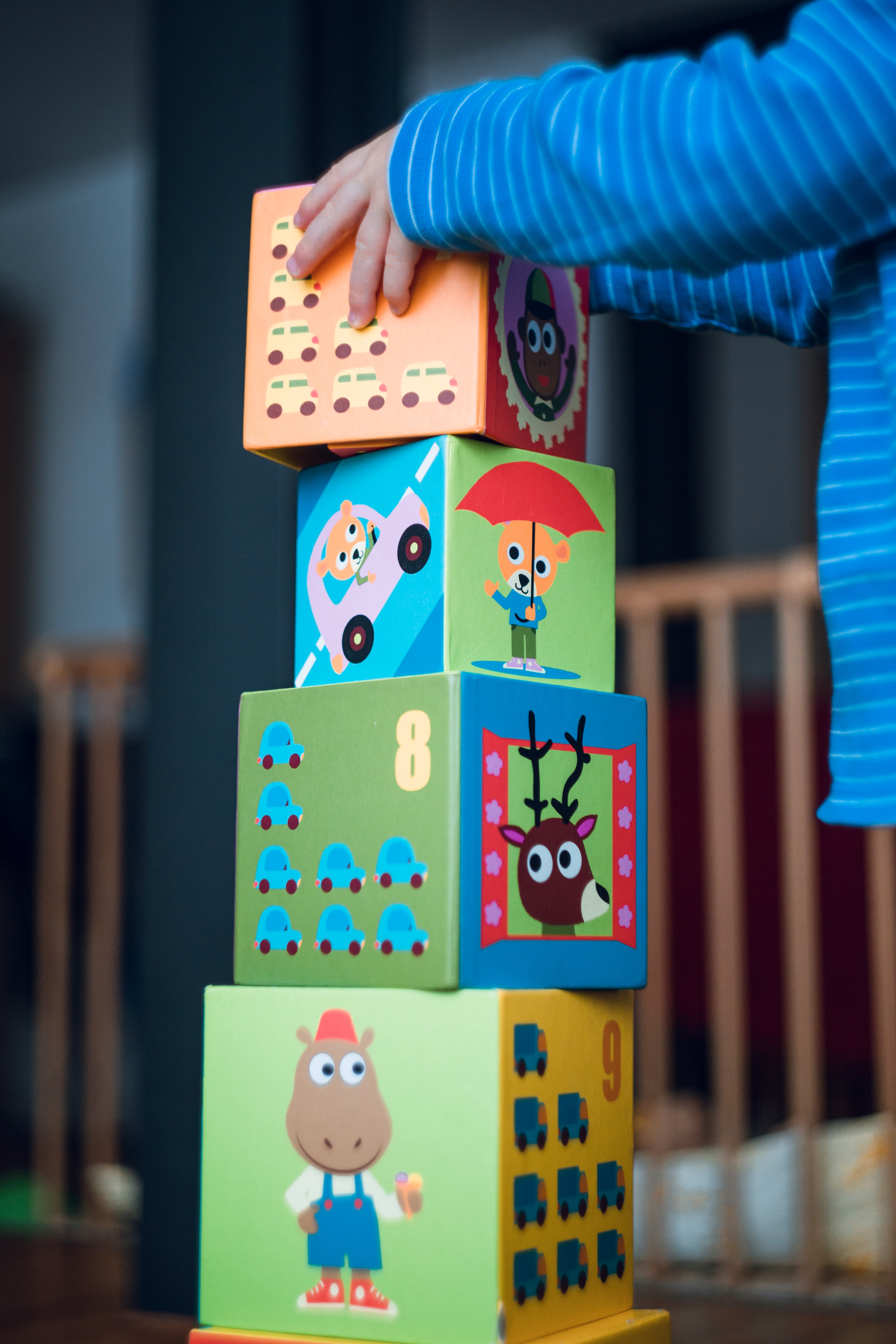Tools of Success
Life Skills Training in Special Needs Education

Independence. Such a simple word, filled with a myriad of meanings. To a country, it’s a day of celebration and acknowledging its history. To a person, independence, the ability to live your life without being governed by other people, is something crucial to attain by adulthood. For some of us, specifically members of the special needs community, circumstances beyond our control may have added some extra bumps on the road to independence.
This, however, does not mean that one will never be independent all together! Many schools and centres offer life-skills training to teach and reinforce the need for self-sufficiency in carrying out basic tasks. These lessons also prep children with special needs for independent living (within a certain extent).





Examples of basic life-training offered include:
1. Self-Care: This focuses on teaching children with special needs basic routines such as personal hygiene, daily exercise, how to deal with common illnesses and basic manners and behaviour.
2. Basic Living Skills: This covers practical skills such as understanding directions, safety (i.e. learning who to ask for help or what to do in an emergency), home care and (for those who are high-functioning) managing money.
3. Functional Reading & Math: This teaches basic skills such as symbol & sign recognition, navigating the internet and additional skills such as counting money, telling time, measuring & understanding volume, and manging personal budgets.
4. Shopping Skills: Shopping skills teach special need students how to plan out a grocery list as well as how to make purchases in a grocery store for basic needs.
5. Cooking & Laundry Skills: This covers more in-depth daily living skills- establishing a routine and the independence needed to carry out simple tasks, and developing a foundation for self-sufficiency.
6. Work-Related Behaviour: Students are exposed to the workforce and given responsibility for simple tasks such as data-entry to give them the chance to learn and practice work-related behaviour and ingrain skills such as listening to instructions, working with others, and punctuality.
7. Leisure & Recreational Skills: While teaching special needs children the importance of responsibility, leisure and recreational skills lessons help them learn and develop creative talents for well-rounded development.
8. Community Based Instructions: This teaches them basic social skills and safety awareness in dealing with a variety of situations and communities.




Children with special needs aren’t so very different from other children- they are still able and willing to learn.
All that is needed is a little extra guidance, practice, and plenty of compassion and understanding.